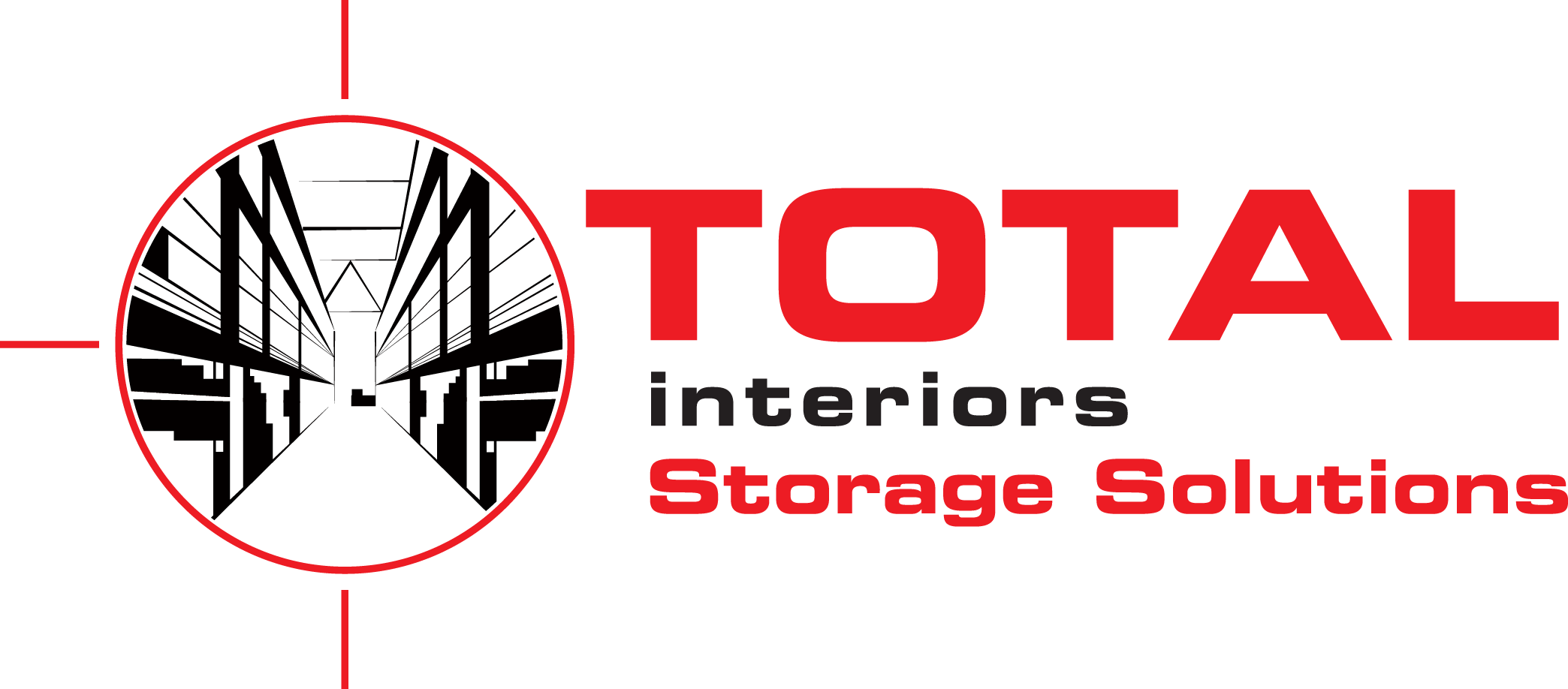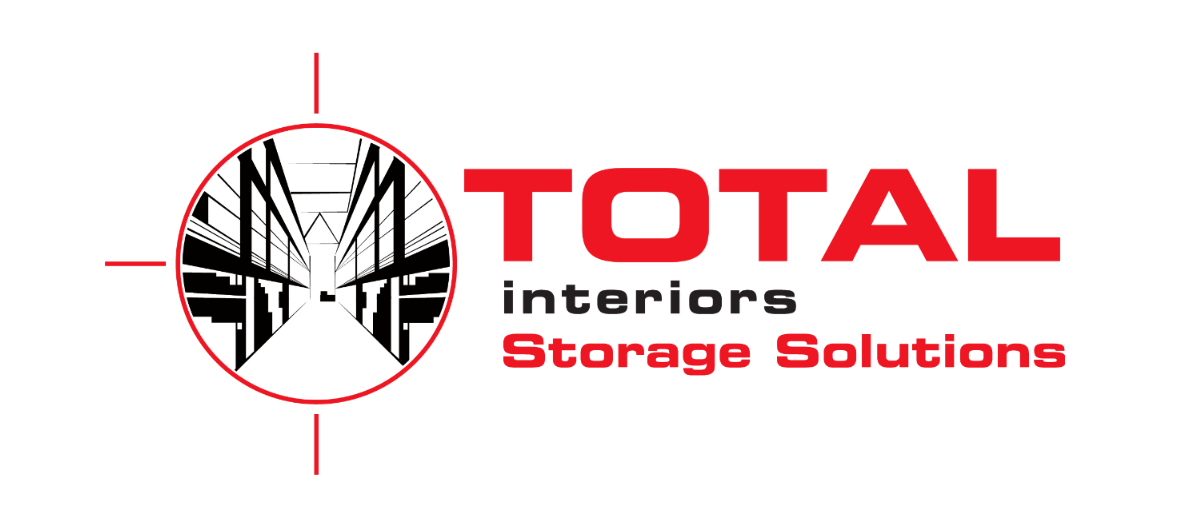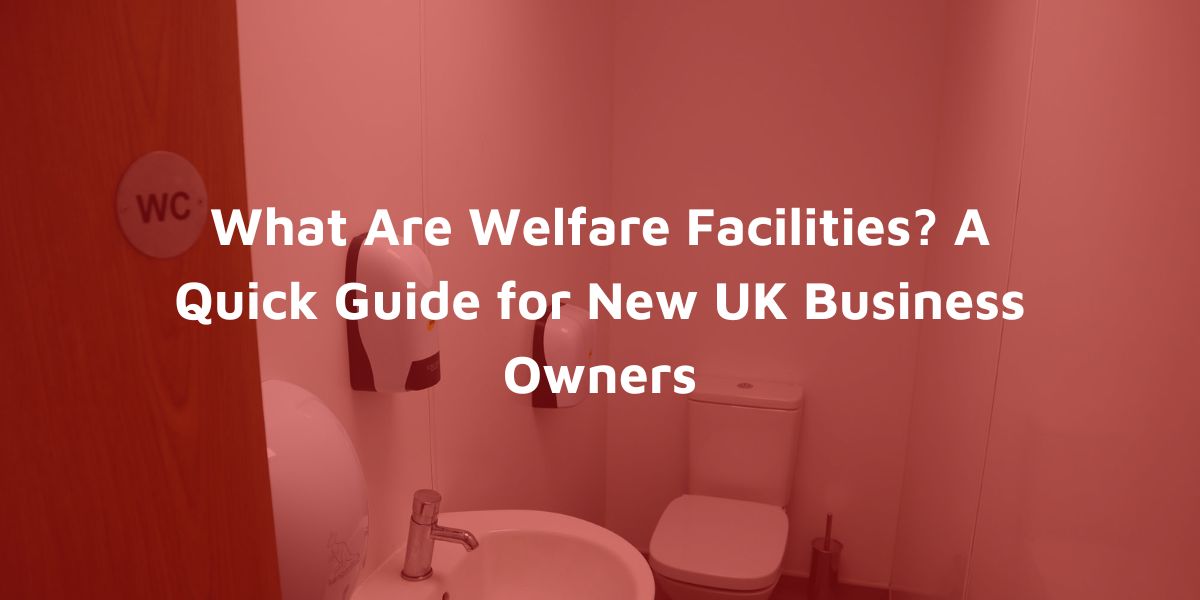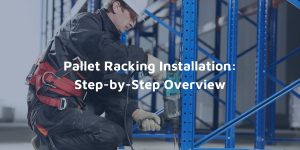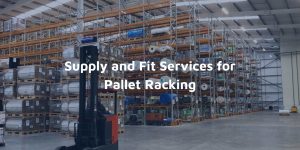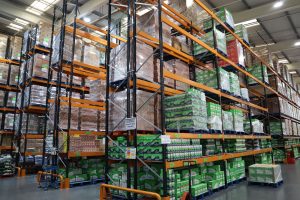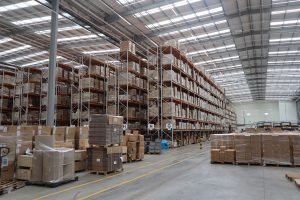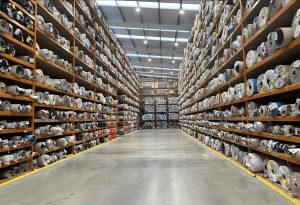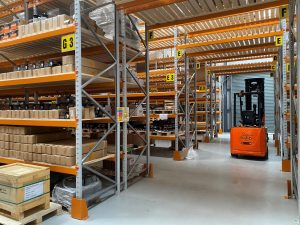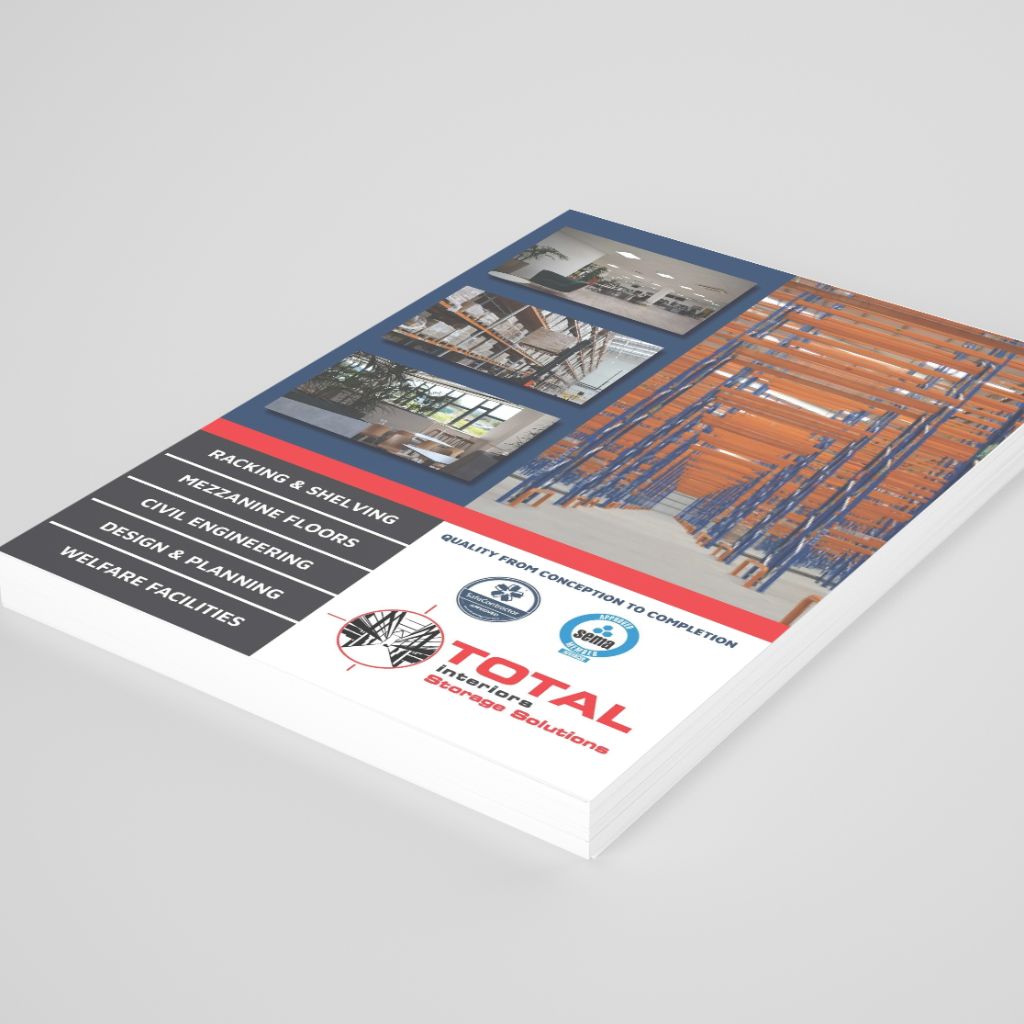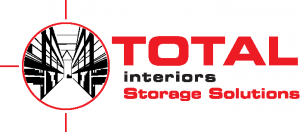When starting a new business, there’s a mountain of things to learn, isn’t there? One key area that’s often overlooked by new business owners is welfare facilities. But here’s the thing—providing proper welfare amenities isn’t just about ticking boxes; it’s about fostering a healthy, productive, and compliant workplace.
In this guide, we’ll dive into what welfare facilities are, your legal obligations as a UK employer, and the benefits of ensuring your team has access to proper amenities. Whether you’re opening an office, running a construction site, or managing a small retail shop, this article will help you understand the essentials.
What Are Welfare Facilities?
Let’s start with the basics. Welfare facilities refer to the provisions a workplace offers to ensure employees’ comfort, health, and well-being while they’re at work. Think of them as the essentials that make working conditions safe and manageable.
These typically include:
- Toilets and Handwashing Facilities
Every workplace should have clean, functional toilets and washing stations. This includes soap, hot and cold water, and drying facilities like towels or hand dryers. - Drinking Water
Employees should have access to fresh, clean drinking water. This doesn’t mean bottled water necessarily—just a safe and accessible water source. - Rest Areas
A comfortable place for employees to take breaks is crucial. This might include seating, a table, and protection from harsh weather if you’re on a construction site or outdoor environment. - Changing Rooms and Lockers (If Needed)
In workplaces where employees need to change into uniforms or protective gear, there should be suitable facilities for changing and storing their personal belongings. - Heating, Ventilation, and Lighting
Workspaces should be well-lit, ventilated, and kept at a reasonable temperature to ensure comfort and productivity.
What Are the Legal Obligations for Welfare Facilities in the UK?
If you’re running a business in the UK, you can’t cut corners when it comes to welfare amenities. The Health and Safety at Work Act 1974 and associated regulations, such as the Workplace (Health, Safety, and Welfare) Regulations 1992, outline the minimum standards you’re legally required to meet.
Here are some of the key legal points to keep in mind:
- Adequate Toilets and Wash Stations:
- You must provide separate facilities for men and women (or lockable unisex toilets).
- Ensure accessibility for employees with disabilities.
- Drinking Water Access:
- The water must be free from contamination and easily accessible to all employees.
- Rest Facilities:
- For roles that involve long periods of standing or manual labour, a proper rest area is essential.
- Nursing mothers should have a private, hygienic place to express milk and rest.
- Construction Sites:
- Temporary workplaces, like construction sites, are also required to provide adequate welfare facilities, even if they’re portable or modular.
Failing to meet these standards can result in fines, legal action, or harm to your business reputation. So, it’s worth investing the time and money to get it right!
The Benefits of Providing Adequate Welfare Facilities
Sure, meeting your legal obligations is a must, but going above and beyond the bare minimum can bring plenty of perks to your business.
- Boosted Employee Productivity
When workers have access to clean, comfortable spaces to rest and refresh, they’re more likely to stay focused and productive throughout the day. - Improved Morale and Retention
Employees feel valued when you take care of their basic needs. This can lead to higher morale, better job satisfaction, and lower staff turnover. - Attracting Top Talent
Word gets around! A workplace known for its excellent welfare provisions can attract high-quality candidates who are keen to join a supportive environment. - Reduced Absenteeism
Hygiene and health go hand in hand. By providing clean toilets, drinking water, and proper rest facilities, you reduce the risk of illness spreading through your team. - Compliance Made Easy
Let’s face it—no one wants a visit from the Health and Safety Executive (HSE) to end in a fine. Staying compliant means avoiding legal headaches down the road.
Tips for Setting Up Welfare Facilities
Now that you know what’s required and why it matters, here are some quick tips to help you get started:
- Assess Your Workplace Needs:
Consider the type of work, the number of employees, and any unique challenges (like remote or outdoor locations). - Consult the HSE Guidelines:
The Health and Safety Executive website is a goldmine of information. They provide detailed guides to help you meet specific requirements. - Regularly Inspect Facilities:
Toilets overflowing? Soap dispensers empty? Nothing frustrates employees more than poorly maintained amenities. Assign someone to inspect and restock regularly. - Provide Gender-Inclusive Options:
Make sure everyone in your workforce feels comfortable, including those who may require gender-neutral facilities. - Plan for Growth:
As your team expands, so will the demand for welfare facilities. Make sure you plan ahead to avoid scrambling to accommodate larger numbers later.
FAQs
Q: Do I need to provide welfare facilities for remote workers?
A: While you’re not required to set up physical facilities for remote staff, you should ensure they have the resources they need to work comfortably from home, such as proper seating or computer equipment.
Q: What happens if I don’t meet the legal requirements?
A: Non-compliance can lead to inspections, fines, and even legal action. More importantly, it can damage employee trust and your company’s reputation.
Q: How often should welfare facilities be cleaned?
A: Cleaning frequency depends on usage, but high-traffic areas like toilets should be cleaned daily or more often if necessary.
Q: Are welfare facilities required for temporary workspaces like pop-ups or events?
A: Yes, temporary or pop-up workplaces must still provide adequate facilities. Portable options like mobile toilets or temporary rest areas are often used in these cases.
Wrapping It Up
Welfare facilities may not be the most glamorous part of running a business, but they’re essential for keeping your team happy, healthy, and compliant with UK law. From clean toilets to proper rest areas, these small investments can make a big difference to your company culture and employee satisfaction.
So, if you’re setting up a new business or reviewing your current setup, now’s the time to make sure your welfare facilities are up to scratch. Need guidance? The HSE website is a great place to start, or consult a workplace safety professional to ensure you’re covered.
